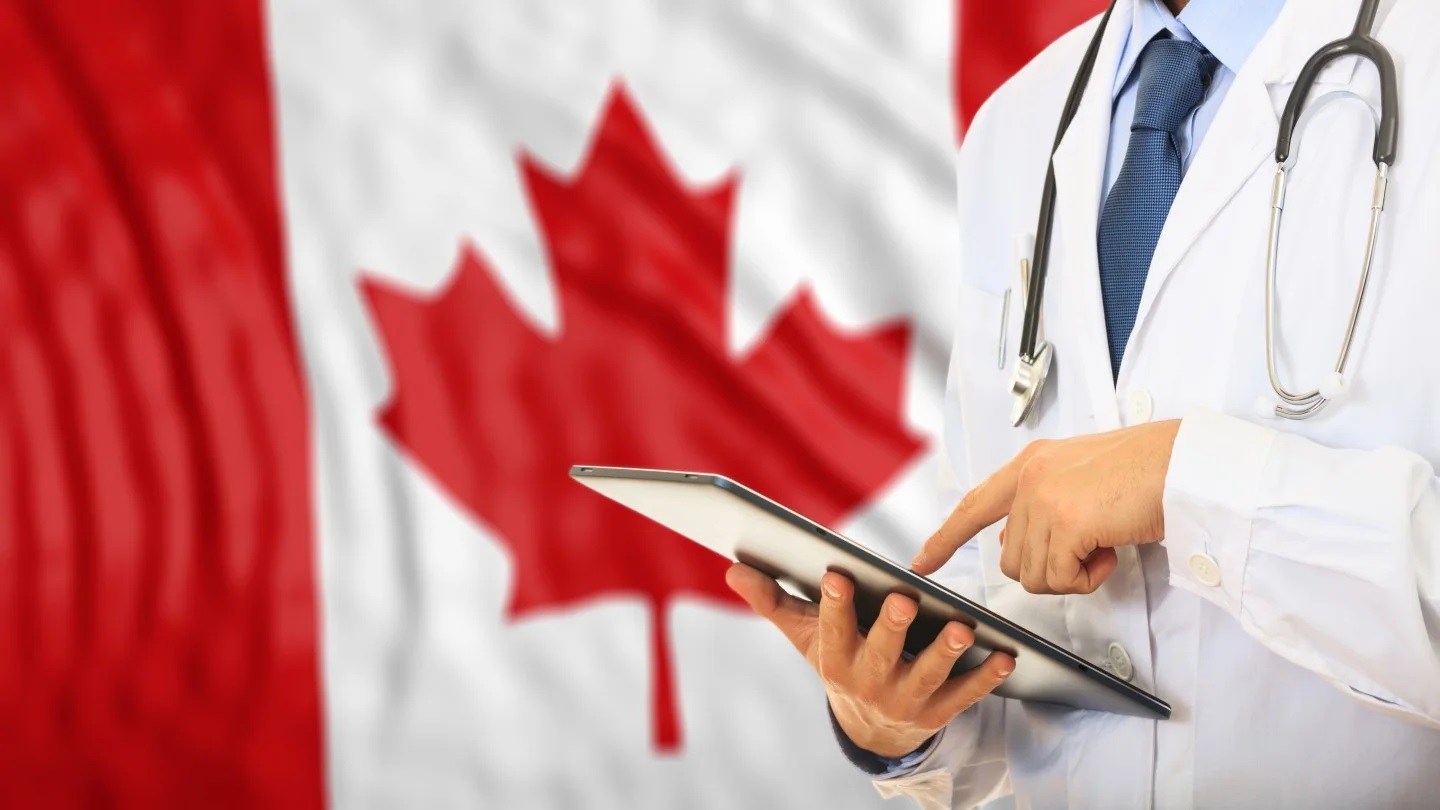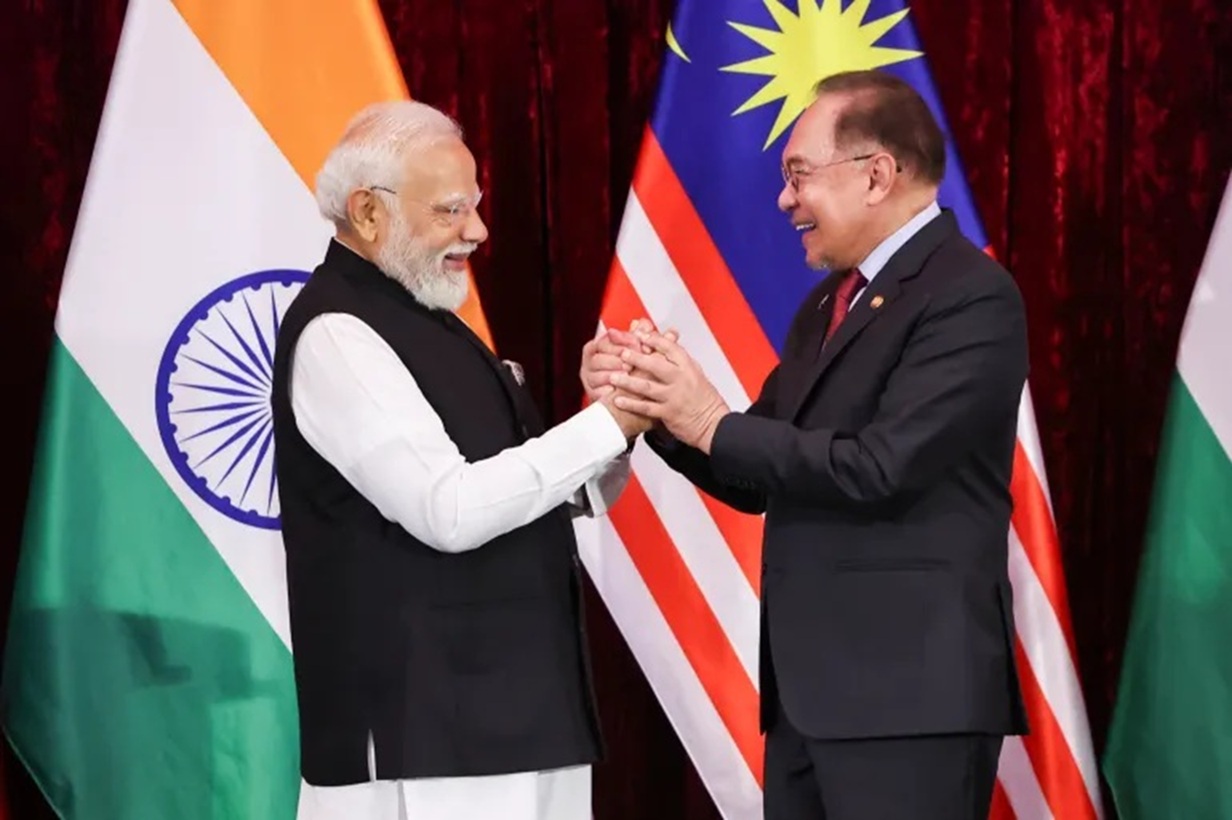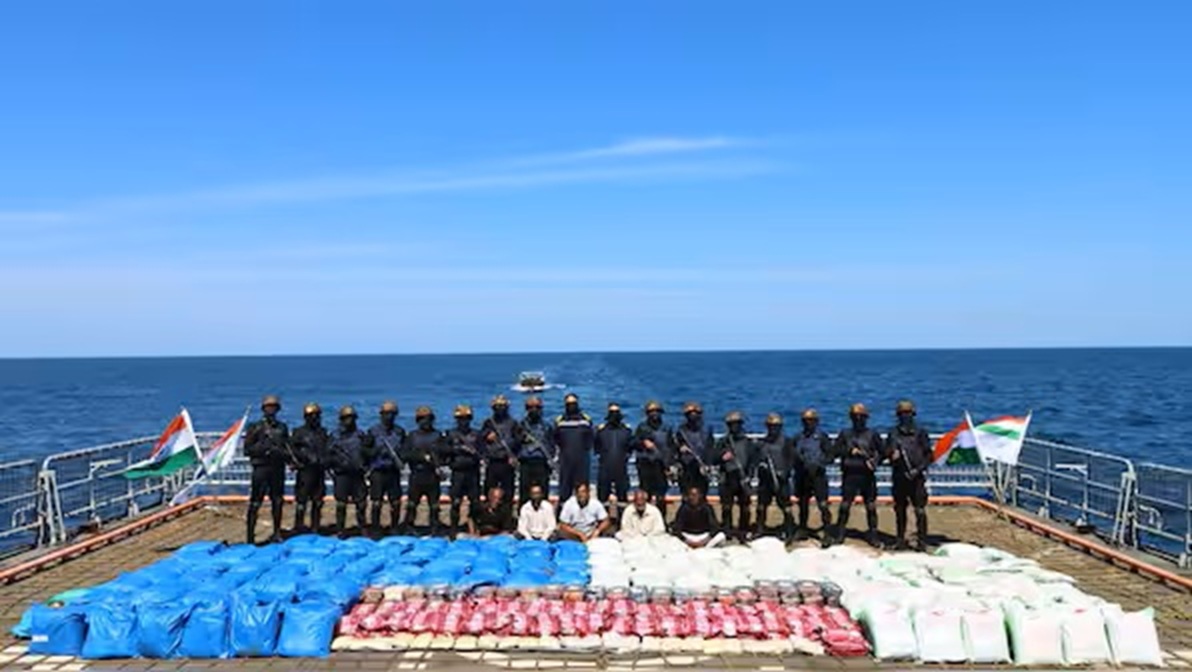Canada has mostly sought to be a socially progressive force, punching above its weight to be and exerting influence disproportionate to its financial and military resources. Leaders in Canada have been prominent and respected contributors in managing global health research, practice, and diplomacy for decades. At times, however, the tendency to give primacy to consensus building, inclusion and equity has led to a lack of decisiveness and timely strategic action. Conversely, when Canada has stayed from progressive social values, and economic self- interest has been prioritised in foreign policy, the country’s perceived leadership in the global health community has diminished.
Theoretical Foundation for Canada’s Role in Managing Global Health Security
The notion of security has various meaning attached to it such as A state of being without threat i.e., absolute or definitive security and the elimination of threats. It could be analysed at different levels such as regular day-to-day at individual level (health, economic, environment, safety); safety for favourable circumstances (political, freedom, rule of law) and against hostile conditions and threats (crime, violence, war). The most appropriate definition for security for the paper is derived from the Copenhagen school which suggests broadening the range of relevant threats to include the military, the political, the economic and the societal and the environmental sector. The Regional Security Complex Theory given by Barry Buzan and Ole Weaver emphasised that a regional security complex is a group of states whose primary national security concerns are so closely intertwined together that they can not be addressed independently of each other. This provides us as a base in understanding that Canada’s efforts in improving the global health security system emanates from its linkages with its own security. Whether it is the Americas or the countries in Africa and Asia, Canada through its Official Development Assistance has tried to address the health security concerns.
Emergence of Canada as Middle Power
The history of diversity and nation building has, in turn, defined Canadian foreign policy. At the end of WW II, Canada emerged as a middle power i.e., countries that are defined by moderate military and economic resources as compared with major powers such as US, UK, Russia, etc. but with a potential to wield considerable political influence. Middle powers achieve such impact by forming alliances, promoting shared norms, working cooperatively through multilateral channels, and engaging in diplomatic solutions. Although conducting foreign policy in this way can be more restrictive than unilateral action, but in return, middle powers can exert great influence on health and other global concerns than their material sources would allow. Despite occupying the world’s largest national territory, Canada’s economic and military resources are overshadowed by its southern neighbour, which gives multilateralism and liberal internationalism greater strategic importance for Canada.
Canada’s Role in International Security and Global Health Security
When Canada’s role in Afghanistan changed from peacekeeping to active combat, many in the country were forced to re-examine this question. This transition of the mission was motivated by several factors including a commitment to improve the lives of the people of Afghanistan and to protect the security of Canadians by tackling terror threats at their source. The mission was however proved controversial. The human cost combined with a lack of sense of progress and concern about whether this is the appropriate role for Canada, contributed to this unease. Canada as a wealthy nation does have a responsibility to contribute to efforts to improve international security and by particularly when doing so will provide protection to Canadians at home. However, Canada could choose a different policy course, one less controversial and more consistent with Canada’s traditional role as a middle power, that would achieve the same objectives. It is increasingly evident that serious threats to collective security comes not from individuals but also from communicable diseases. These new infectious threats are constantly arising and challenging human systems. Irrespective of their origin, these threats or diseases not only affect the health of those in the countries which they arise but are increasingly like to spread across border as evident by the spread of COVID-19. The outbreak of Covid19 made evident to Canada, failures to control these emergencies as they arise abroad could have catastrophic consequences for Canadians and it also reminds us of our collective vulnerabilities to such threats.
The WHO defines the global health security as “the activities required to minimise the dangers and impact of acute public health events that endanger the collective health of populations living across geographical regions and international boundaries.” In this context, Canada is doing its best through its public health system to deliver appropriate and evidence-based response measures to tackle global public health threats. Canadian approaches to health policy, at home and abroad, reflects its particular history based on the values of equity and universality. Canada’s publicly funded, but largely privately delivered, health- care system straddles social and private medicine. Abroad, Canada’s approach has mainly been to promote global health through multilateral cooperation, alliance building and collective actions. In advancing global health and equity, Canada’s strategies have been fuelled by its long-standing commitments to multilateralism and global citizenship.
Canada’s Contributions During Prior to Covid
The start of the long-standing leadership by Canada in global health security and development assistance for health started in 1948 when Canadian doctor Brock Chisholm was elected the first Director- General of the newly established WHO. Many Canadian occupied prominent roles in health developments over ensuing decades. In a landmark report, ‘Partners in Development,’ prepared by Lester Pearson, urged high income countries to increase overall official development aid (all forms of aid development) to 0.7% of their gross national income by 1975. Achieving recognition of this target epitomised the capacity of Canadians to use a middle-power voice to foster new norms. Despite Canadian championing of the benchmark, Canada’s own ODA commitments have lagged behind those of other countries that are members of the Organisation for Economic Cooperation and Development (OECD) including middle powers such as Sweden. However, Canadian Development Assistance for Health (DAH) have risen particularly in recent decades. According to the Institute for Health Metrics and Evaluation (IHME), Canada’s overall DAH increased by more than seven times from $168mn in 1997 to $1.25bn in 2016. Canada’s overall share of global DAH increased from approximately 1.35% to 2.58% during this period. By 2015, Canada was placed third among G7 countries in terms of DAH as a percentage of gross national income (0.058%) behind the UK, and the USA. Canada’s allocation of DAH is consistent with its historical emphasis on multiculturalism: in 2016, more than 41.0% of Canada’s DAH flowed through multilateral channels i.e., development banks, Gavi, Global Funds to Fight AIDS, and UN bodies whereas 34.7% of all global health financing overall was channelled through multilateral mechanisms.
Promotion of Health Equity Through Research
A long-standing theme in Canadian approaches to global health has been promotion of health equity. This has been pursued through the middle-power behaviours of collective action, leadership on non-traditional security issues and promotion of human rights norms. Health equity is concerned with disparities in health that are systematic, avoidable, and unfair; that is where differences in health have social, economic or political causes as opposed to biological causes.
Canada has used research as a strategy for the promotion of equity. This priority is exemplified by Canada’s health research funding structures including the International Development Research Centre (IDRC). IDRC is respected worldwide for its approach to funding low-income and middle-income country (LMIC) researchers in 150 countries with sustained emphasis on capacity building. Grand Challenges Canada and CIHR.
Canada’s Leadership Role During COVID times
The COVID19 pandemic is a global threat that doesn’t recognise borders and it could be overcome only through coordinated global actions. Canada is committed to a robust global effort to stop the spread of the virus and address its devastating health, social, economic and security impacts on people around the world. The Canadian government has been working with international partners, provinces and other stakeholders since the outbreak of the pandemic. The Public Health System of Canada has been working with various international partners including WHO. This commitment with high level intersectoral collaboration has resulted in dedicated funding of $52.6 million for 96 research teams to conduct research with collaborating institutions in Africa and Asia to study and enhance the clinical and public health responses and to improve global health security. The Canadian government has engaged in global health diplomacy with G7 finance ministers, multilateral organisations such as WHO, international health regulators such as USFDA and European Medicines Agency and bilateral partners at multiple levels to mobilise the resources for containing the pandemic.
Till date, Canada has mobilised more than $2.5bn in international assistance in response to the COVID19 pandemic, which includes:
- $1.3bn for the Access to Covid19 tools (ACT) accelerator, this critical partnership ensures equitable access to Covid19 tests, treatments and vaccines.
- Over $740mn in funding for humanitarian and development assistance to respond to the urgent needs stemming from the Covid19 pandemic.
- $541mn to adapt existing funding arrangements with partners to ensure their activities are able to address urgent needs in developing countries resulting from the pandemic.
In addition, in April 2020 Canada extended a $1bn loan to IMF Poverty Reduction and Growth Trust in relation to Covid19 pandemic. Since May 2020 Canada has also provided more than $70mn in temporary debt service relief for the poorest countries through the G20 and Paris Club agreed Debt Service Suspension Initiative (DSSI).
Canada’s Contribution in the Multilateral Organisations
Canada has been addressing the global health security through its active participation and contributions to the multilateral institutions such as WHO and PAHO. Canada’s commitment to these organisations reflects its power and liberal internationalists values.
World Health Organisation
Canada is dedicated to promoting gender equality and the empowerment of women and girls in all of their diversity, and it works with WHO to achieve these goals through its ‘Feminist International Assistance Policy.’ This includes implementing equity-based strategies to improve basic healthcare, strengthen health systems, and close disparities in sexual and reproductive health and rights. Canada is a fervent supporter of these causes in WHO governing bodies.
In the year 2020–2021, Canada is the eighth largest overall donor to WHO and the fifth largest Member State, with a total contribution of US$ 212 million. Canada has given more than Can$ 900 million to WHO over the past ten years in support of global health priorities, such as the COVID-19 response and the eradication of polio. In addition to providing more than Can$30 million to WHO to support 10 target countries in delivering critical health services and bolstering primary health care in the context of COVID-19 response and recovery, Canada also contributed Can$100 million to WHO in support of the Health Systems & Response Connector. Additionally, Canada contributed $15 million to fund WHO’s COVID-19 Strategic Preparation and Response Plan, which was centred on the Africa Region.
Pan-American Health Organisation
In addition to acting as the WHO Regional Office for the Americas, PAHO is the specialised health specific agency of Organisation of American States (OAS). PAHO is the main regional organization capable of mobilizing and coordinating hemispheric action on regional health challenges, especially public health hazards, because of its high convening power and hemispheric membership.
Since 1971, Canada has been a member of PAHO. Canada has a significant chance to further its goals for general health through its involvement with PAHO. Canada is the second largest contributor of assessed contributions to PAHO and in 2022 the Canadian government announced a $15 million Canadian dollar contribution (equivalent to US$ 11.2 million) towards a Pan American Health Organization (PAHO) initiative to increase vaccine production capacities in Latin America and the Caribbean. For Canada, engaging with the PAHO represents its objective to advance Canada’s foreign policy and promote Canadian values through global health diplomacy while recognising that positive health outcomes in the region contribute to the economic growth. It has close ties to trade, political stability, economic expansion, human rights, and the environment. It is also commonly acknowledged that security, social progress, and economic prosperity all depend on a healthy populace.
Global Health Security Initiative and Global Health Security Agenda
Canada has taken part in numerous noteworthy international health security efforts. In an effort to improve the global response to pandemic infectious diseases and possible threats from biological, chemical, and radiological terrorism, Canada, along with seven other countries, established an informal partnership with the World Health Organization (WHO) in 2001. One direct outcome of these efforts was the establishment of the Global Health Security Initiative (GHSI). The GHSI is still in operation as a collaborative effort to improve international readiness for and response to bioterrorism and pandemics.
In a similar vein, Canada played a key role in advancing the Global Health Security Agenda (GHSA), an international project spearheaded by the US that supports the development of health security capability in order to enhance biosecurity and biosafety. The Global Health Security Alliance (GHSA) facilitates cooperation between non-governmental organizations (NGOs), international organizations, and 65 countries to improve global readiness against health threats such as antibiotic resistance and bioterrorism. By strengthening medical countermeasures, such as people deployment capabilities, it seeks to advance biosafety. Canada concluded its tenure on the GHSA’s inaugural steering group.
Conclusion
As described by PM Trudeau at his September 2017, speech to the UNGA, Canada is a work in Progress. This statement underlines the continuous efforts that Canada pursue to meets its commitments globally and be an effective global citizen. Collective global action to meet shared health needs is currently threatened by the rise in populist support in the USA and Europe for the unilateral pursuit if interests. Given its experiences of ongoing nation building, alongside valuable experience of collaborative engagements in global affairs as a middle power, Canada is now ideally positioned to assert bold, strategic and much needed leadership in global health.
Canada’s health interests are better served through collective action to support health system strengthening, effective health policies and health workforce capacity in all countries. This collective action includes Canada adhering to and advocating others to commit to the WHO Global Code of Practice on the International Recruitment of Health Personnel, the International Health Regulations, development assistance commitments and other international obligations. Moreover, Canada should continue to champion the social determinants of health approach, which is focused on reduction of poverty and health inequalities as well as ensuring basic needs as a strategy for countering the health inequalities. The rise in divisive politics worldwide has led to perceptions of Canada as a “beacon light” and the observations made by then US President, Barack Obama that “the world needs more Canada” stands tall.
Title image courtesy: Global Data
Disclaimer: The views and opinions expressed by the author do not necessarily reflect the views of the Government of India and Defence Research and Studies







